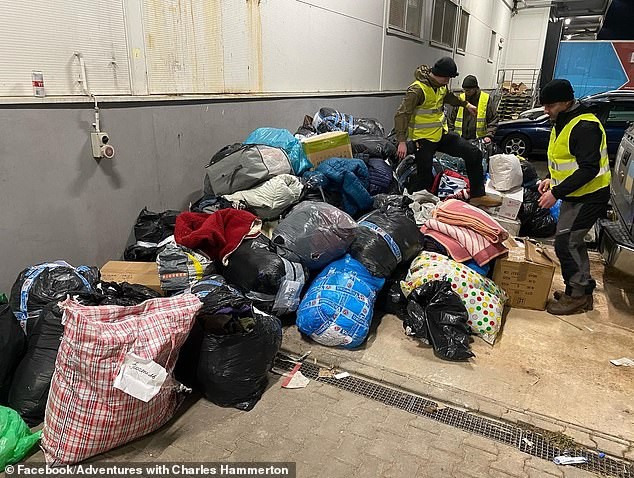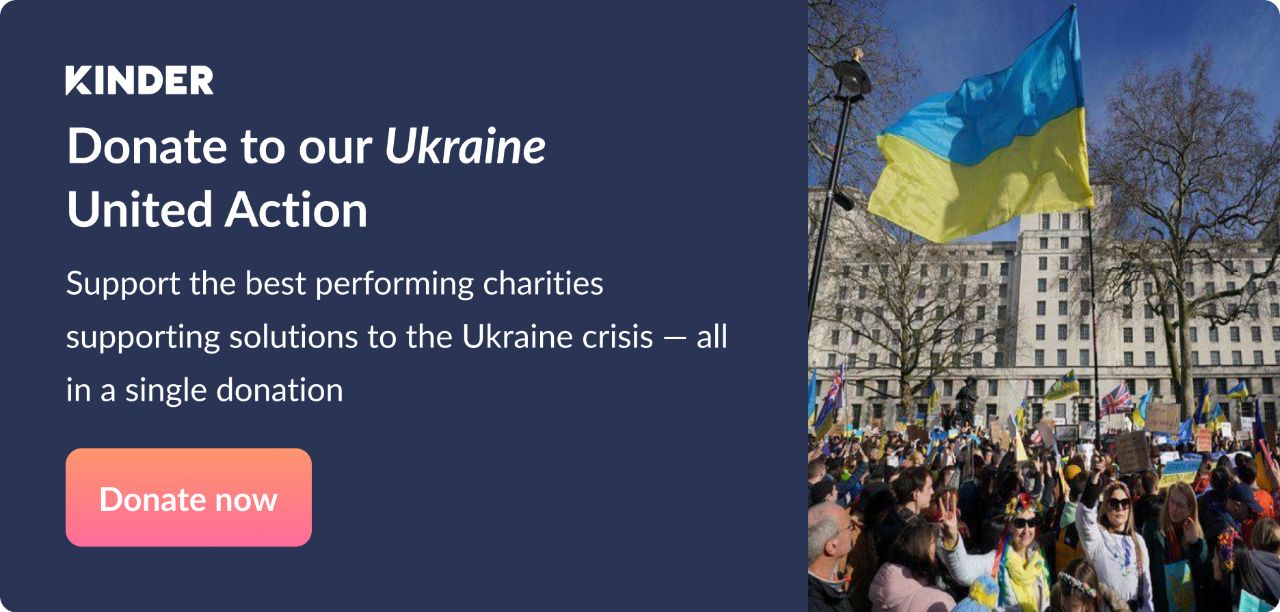On March 1st, 2020, the Polish government asked those who aim to aid Ukraine to stop organising further collections of in-kind donations. The main reason behind this request was that ‘’the transport of the goods to Poland – followed by lengthy unloading, storage, selection, and distribution procedure – generates disproportionate amounts of additional work and cost, which proves ineffective and counterproductive to the needs of those affected. Instead, they encourage everyone wishing to help, to organise fundraisers and direct donations of funds to verified organisations who will use the funds received for assistance, following the strict needs and effective operation in the long term.’’
The above statement touches upon some key considerations indicating that the right approach for humanitarian assistance matters when trying to solve a problem or ease the crisis's adverse effects for the affected individuals. Otherwise, the public efforts can become waste or even cause new hassles.
What are the key considerations?
For operations to work, ongoing analysis of the situation is vital as the elements and actors involved are not static and develop for better or worse over time. Examining the attributes of the circumstances as they change, leads to a proper understanding of the type of service needed, how it should be delivered, and who the people in need of the service are. In short, the operation should be effective for a good intention to turn into the right assistance.
Who are The entities to ensure the right assistance?
Expertise matters; otherwise, our world would turn to a dysfunctional, chaotic place where proper work would be done due to rare random incidents and not based on relevant knowledge, skills, and orderly systems. Imagine living in a world where self-medication would be your only option as there was no proficiency known as a physician—or having to make everything from scratch with no help from those who have the relevant skills and experience. The same goes for helping those in need. Finding the right source of information and enablers to optimise your effort makes your effort an intelligent one. Experts in nonprofits and charitable organisations are on the mission to assist both their beneficiaries and us or anyone with philanthropic aspiration. The ultimate aim is to optimise humanitarian assistance. Knowing the time, context, dynamics and attributes of the crisis or problems makes these entities eligible to bring real positive effects.

Kinder gives a platform to the right entities for a kinder world, and doing good better.
As for Kinder, we aim to connect you to the right solutions that are provided by experts in the world of philanthropy. Our recent example is the collaboration between Kinder, the company Pure Goat, and charity Christian Refugee Relief. Together, we support parents with young children who have had to flee the crisis in Ukraine. With the help of the charity Christian Refugee Relief, we distributed one pallet of organic goat milk. This palette is currently on its way to the Ukraine where it will be distributed to families who will benefit from giving this to their children.
Kinder's in-house evaluation framework validates reliable charities that do great work. We partner with such charities, and our United Actions enhance the visibility of charities and projects that deserve support and recognition. The aim is to ensure your good deed does find the right passage to meet its potential and be effective. We cannot afford to waste time and effort, as both are in limited supply.

Support Ukraine United Action
In our United Action for Ukraine, you’ll find a tireless group of charities verified through Kinder's evaluation framework. The Ukraine United Action is an effective approach to support charities helping civilians in Ukraine. We invite you to join in.
Photo credit: Charlie Hammerton. Pictures show the piles of clothing and bedding in the border town of Medyka in Poland and huge piles of donated clothes for refugees left dumped in car park on Poland's Ukraine border. Charlie said refugees are arriving on foot and don't spend long enough at the border point to sort through clothes and can only take what they can carry.





